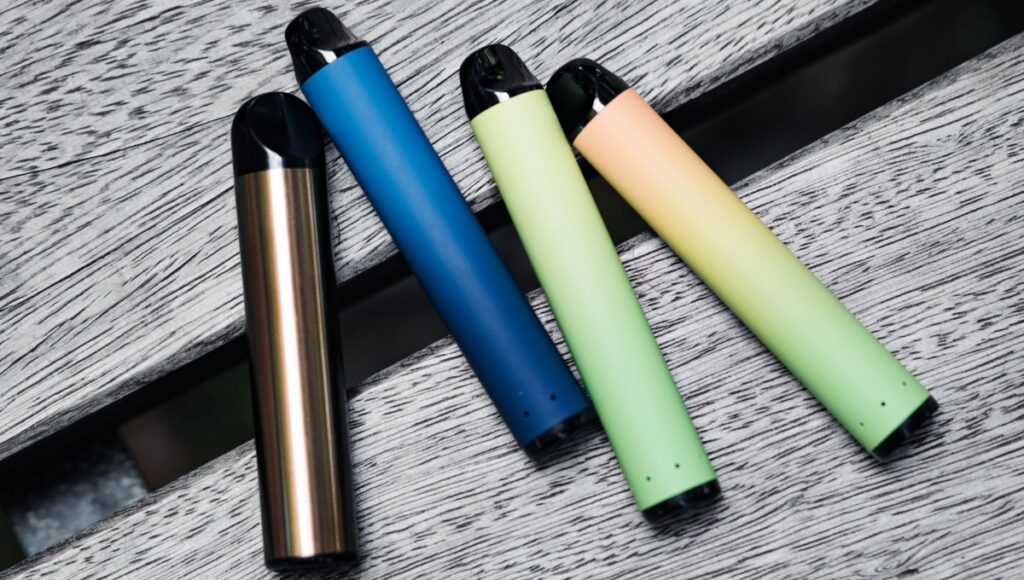Australia's aggressive policies on tobacco and vaping, including some of the world's highest cigarette taxes and most restrictive vape laws, are facing intense scrutiny amid claims they are failing to achieve their public health goals and are instead fueling a violent, multi-billion-dollar black market. Critics argue that these policies, while well-intentioned, are creating unintended negative consequences reminiscent of past prohibitions, and are urging the government to consider a more realistic, harm-reduction-focused approach similar to New Zealand's.
Australia's cigarette excise has been increased cumulatively by over 340% in the past 20 years, with another 5% hike scheduled for September 1, 2025. While this has helped depress consumption over the long term, its recent effect is less certain as smokers increasingly turn to illicit supplies. Untaxed black market cigarettes sell for about a third of the cost of legal ones. Independent economist Chris Richardson recently estimated this could be costing the federal government as much as $10 billion annually in lost revenue.
The situation is compounded by Australia's strict vaping regulations. For many years, Australia has had the most restricted availability of vapes of any Western country, a policy that was tightened further in 2024. This has resulted in a thriving black market, with estimates suggesting over 90% of vapes in Australia are now supplied illegally. This illicit trade has become increasingly violent, with several homicides attributed to criminal gangs fighting for control, and over 230 arson attacks on tobacconist shops.
In stark contrast, New Zealand decided in 2020 to make safer, smoke-free nicotine vapes more available than cigarettes. Since then, smoking rates have reportedly fallen twice as fast in New Zealand's general population and three times faster among disadvantaged populations compared to Australia. Notably, there is no evidence of an equivalent large-scale vape black market in New Zealand.
Proponents of a policy shift argue that while tobacco companies once fought for the "freedom to smoke," the debate has evolved. They contend that adult smokers have a right to access much safer, smoke-free alternatives like vaping, especially when paying for them themselves. They criticize the scientific evidence often advanced by vaping opponents as flawed, pointing to laboratory studies on animals that use exposure settings no human would tolerate, or studies that report alarming findings about vape aerosol without comparing them to the much more dangerous findings from cigarette smoke.
The argument is that these studies exaggerate the harms of vaping while underestimating its benefits as a harm reduction tool. The National Party and the Legalise Cannabis Party are noted as the only political organizations in Australia unambiguously supporting more realistic and effective policies for nicotine vaping, while other parties are either opposed or deeply divided.
Meanwhile, the tobacco industry itself is transforming. Philip Morris International (PMI), for example, has invested US$14 billion over 16 years in developing a range of safer, smoke-free products. In 2024, these products accounted for US$14.7 billion, or 40% of the company's net revenue, and are now more profitable for PMI than cigarettes. This demonstrates the powerful consumer demand for less harmful alternatives.
Critics of Australia's current approach believe that unless the country starts to address its exceedingly high rate of cigarette excise and reconsiders its restrictive vape policies, the huge and violent black market for both products will inevitably continue. They pose a simple question: If New Zealand can successfully implement a harm reduction model that makes safer nicotine products more accessible than deadly cigarettes, why can't Australia?
- Original article: Time to get real on taxing cigarettes and restricting vapes

Digital Content Creator & Vape Industry Analyst
Jake Miller is a prominent voice in the American vaping community, known for his transparent, tech-focused approach to harm reduction and hardware innovation. With over six years of experience in the industry, Tyler transitioned from a hobbyist to a full-time content creator, building a loyal following through his unfiltered reviews and deep-dive technical tutorials.




